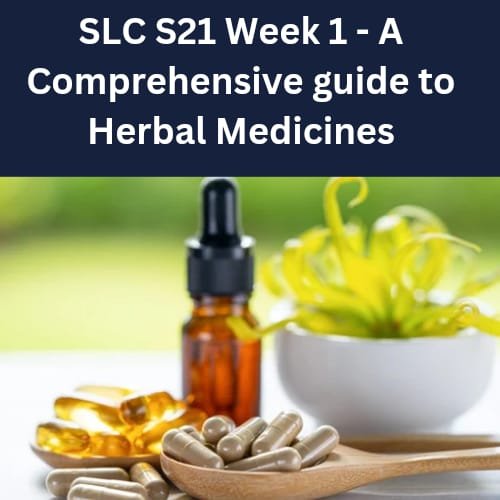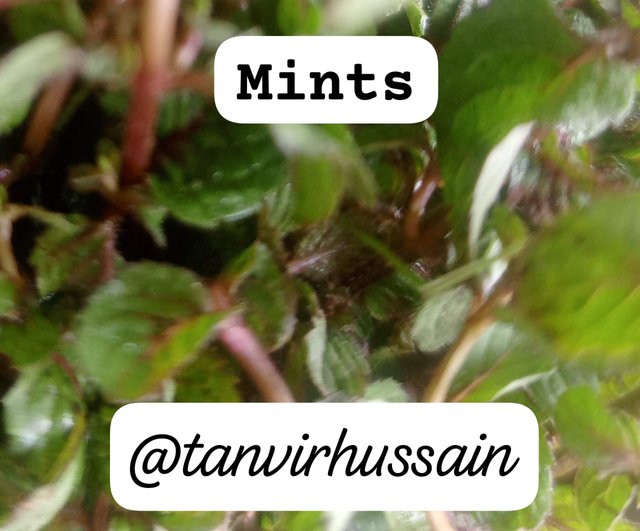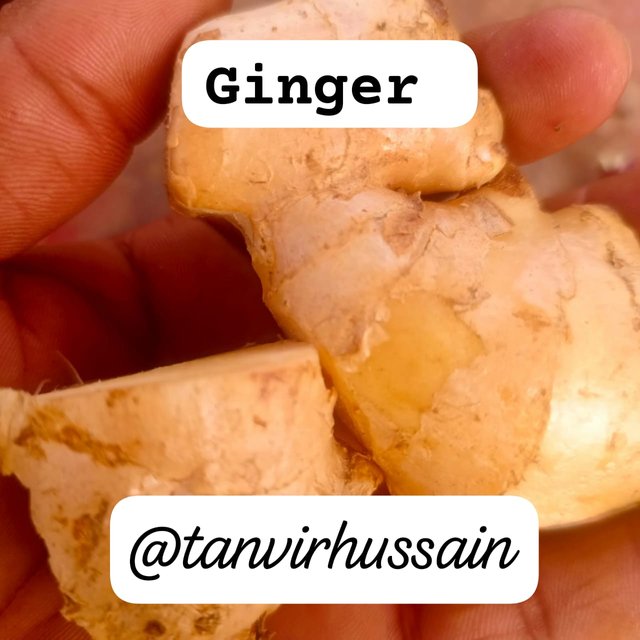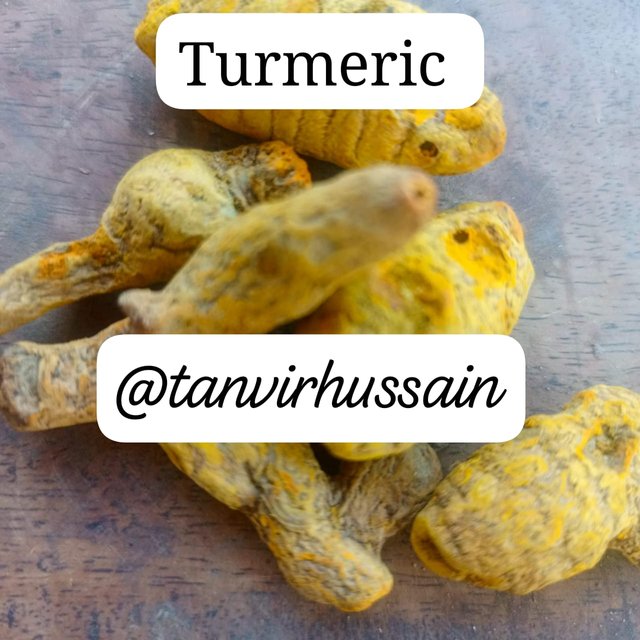SLC S21 Week 1 - A Comprehensive guide to Herbal Medicines
Asslam-o-Alaikum to all friends!
I am back and saw that SLC SEASON 21 is running its first week. The topic on herbals is very interesting. I know about herbs a little bit and am happy. It is a chance for me to earn and gain knowledge. Thank you, teacher @afzalqamar.

Research Assignment: Research and write a history of herbal medicine in your culture or region.
Research Assignment: Research and write a history of herbal medicine in your culture or region.
History of Herbal Medicine in Pakistan
Ancient Roots
However, history shows that the use and practice of herbal medicine in Pakistan has its origins fromIndus Valley Civilization. When sick, people relied on natural remedies which came to be known and as the traditional medicine being referred to as Tibb.
Unani Medicine: An Indian System of Healing Kanjil Alavi examines the influence of Unani Medicine on body and spirit and its role in Indian Systems of Healing.
From the 8th century to the 15th century, the indigenous form of medicine embraced was called Unani medicine, which was influenced by Greek and Persian. Esteemed doctors, such as Avicenna (Ibn Sina) wrote many of them conducting an elaborate practice of herbal medicine.
Mughal Advancements
The sixteenth-eighteenth century of Mughals supported the study of the herbs and established of gardens for the purpose of cultivation of medical plants. From this source, Mughal doctors constrained Islamic procedures with the natives’ folk treatments, enhancing the medical usage of herbs.
According to the post-classical model, the modernization and research subjects are as follows:
After the partition of India in 1947 the hindi system of medicine or the use of herbs came in to official practice. Someone like the Pakistan Council of Scientific and Industrial research started researching plants in order to ascertain their safety thus working on standardizing herbs.
Present-Day Practice
To date, there is continued use of herbal medication, more especially from rural areas. Continued research suggests that such folk remedies are safe; integrating modern technology with traditional wisdom thus helping Pakistan in the protection of its herbal resource.
Comparison Task: Create a table comparing the benefits and side effects of modern medicines vs. herbal medicines for common ailments (e.g., cold, headache).
Comparison Task: Create a table comparing the benefits and side effects of modern medicines vs. herbal medicines for common ailments (e.g., cold, headache).
Here’s a comparative table highlighting the benefits and side effects of modern medicines versus herbal medicines for common ailments like colds and headaches:
| Aspect | Modern Medicines | Herbal Medicines |
|---|---|---|
| Cold | ||
| Benefits | Fast-acting relief from symptoms | Natural ingredients with fewer synthetic compounds |
| Proven effectiveness through clinical trials | Can boost the immune system (e.g., echinacea) | |
| Variety of formulations (e.g., decongestants) | Often fewer side effects | |
| Side Effects | Possible side effects (e.g., drowsiness) | Variable effectiveness; not scientifically proven |
| Risk of dependency (e.g., nasal sprays) | Possible allergic reactions or interactions with medications | |
| Headache | ||
| Benefits | Quick pain relief (e.g., NSAIDs, acetaminophen) | Natural pain relief (e.g., feverfew, willow bark) |
| Targeted action on pain pathways | May address underlying causes (e.g., stress relief) | |
| Consistent dosing and formulation | Often safer for long-term use | |
| Side Effects | Gastrointestinal issues (e.g., nausea) | Limited research on dosages and effects |
| Potential for overuse or misuse | Effectiveness may vary widely among individuals | |
| Risk of chronic use leading to rebound headaches | Not suitable for everyone (e.g., pregnant women) |
Summary
- Modern Medicines: Generally offer faster relief and have been tested for effectiveness, but may have side effects and risks of dependency.
- Herbal Medicines: They are often more natural and experienced fewer side effects as compared to other medicines, but there existence, efficacy and safety vary to great extent as all natural medicines are not rigorous tested as now a day’s modern medicines.
Please always seek a doctor’s advice first before beginning with any treatment.
Herb Identification: Choose 3 herbs from your kitchen like mint, ginger, or turmeric and list their health benefits. Mention the recipes where you have used these herbs.
Herb Identification: Choose 3 herbs from your kitchen like mint, ginger, or turmeric and list their health benefits. Mention the recipes where you have used these herbs.
Mint ginger and turmeric are the three most used herbs in every kitchen they make dishes rich in flavors and nutrient values.

- Mint: Rich in taste mint helps in digestion and removes headache from the root or controls vomiting. It carries a lot of antioxidants and has antimicrobial properties, thus can be used in the improvement of the oral cavity. Mint is also used often when making salads and as a part of mint lemonade. Its cool fresh taste complement other foods and drinks and has an almost healing effect on the tongue.

- Ginger: Ginger has been widely used for its anti–inflammatory and anti–oxidant properties. It also used for curing nausea, managing the digestive system and minimizing the ice colds. Often I put ginger into tea especially when it is cold outside. It also includes dishes with meat or seafood preparations as well as stir-fry vegetables; the spices makes the vegetable warm and spicy.

- Turmeric: Curcumin containing turmeric is widely known for its anti-inflammatory as well as immunomodulatory effects. It can provide pain on joint and helpful in improving liver function. I sprinkle a pinch of turmeric into lentil soups and curries to give them colour and an aggressive aroma. At other times, I add it to warm milk, which acts as a warm drink to boost up immunity.
These herbs do not only add taste to my foods but also benefit my body in basic ways that I can hardly overlook.
Ginger coffee recipe:
| Ingredients: |
|---|
| Fresh Chopped Ginger |
| Water 2 Cup |
| Honey or Sugar |
| Lemon |
Recipe:
- Put two cups of water in a pan and boil it.
- Add the ginger slices to the boiling water and boil on low flam for 10 to 15 minutes.
- Your Coffee is ready
- Remove the pot from the stove and strain the ginger into a teacup.
- Add honey or sugar to it and lemon for more taste.
Hot Ginger Coffee is ready This coffee is great for digestion, colds and immunity.
Forms of Herbs: Write about the different forms of the herbs.
Forms of Herbs: Write about the different forms of the herbs.
Here is the different forms of herbs:
Fresh Herbs
It has been found that fresh herbs are natural and mostly found in the kitchen used in food preparation, consuming in tea form or as a decoration. They have great taste and smell and have numerous health benefits that come from containing people’s needed vitamins and minerals.
Dried Herbs
Herbs can be dried to a suitable level since this will enable you to store them for long time. These herbs do not lose a lot of their taste and strength and are therefore suitable to be used in teas, as spices or seasoning agents or as a medicinal powder. They are handy for everyday use for fear of using expired products.
Powdered Herbs
These herbs are ground into a fine particle size, have uses in capsules, juices, as well as in food preparations. This form is particularly common in health supplements because it is very easy to use and to be absorbed by the body. They are ideally suitable for use in making smoothies, soups or in any infusion and concoctions.
Liquid Extracts
Tinctures are prepared by steeping the herbs in alcohol or glycerin to dissolve some of it’s properties. They are identified as concentrated extracts and are usually administered in drop amounts, diluted with water or other fluids.
Essential Oils
Essential oils are produced by distillation methods in order for the isolation of the herb with its oil substance. They are small volumes of oil extracted through steam distillation or cold pressing that give plant material a powerful scent and have healing properties. It is known that it is very useful for skins and for getting rest.
Safety Report: Pick one herb and research any potential side effects and how to avoid them.
Safety Report: Pick one herb and research any potential side effects and how to avoid them.
Safety Report: Turmeric (Curcuma longa)
Overview of Turmeric
Described as a plant, the Curcuma longa produces the bright yellow spice known as turmeric. These include curcumin which is referred to due to its anti-inflammatory and antioxidant activity. As with many foods that are beneficial to health, there has been evidence of possible side effects associated with preparations and high consumption of turmeric powder or as a supplement.
Potential Side Effects
Gastrointestinal Issues
- Symptoms: You may feel nauseated, lack appetite, have diarrhea and stomach discomfort.
- Cause: It must be noted that high levels of turmeric can cause stomach irritation.
Blood Thinning
- Symptoms: You have more bleeding than usual or break easy.
- Cause: The best thing about it is that intermination is safe for absorption however it has the side effect of preventing blood clotting hence; is dangerous for people on anti-coagulant drugs.
Allergic Reactions
- Symptoms: Redness, itching or swelling of the skin, or breathing difficulties.
- Cause: There are people who suffer from special type of allergy resulting from use of turmeric.
Benefits and Risks: Medication Interactions
- Examples: Interactions exist between turmeric and certain medications such as blood thinners (warfarin), diabetic medicines and drugs that decrease stomach acid.
- Risk: These interactions may increase the benefits of the medicine or produce harm to the patient.
Gallbladder Problems
- Symptoms: Discomfort in the upper abdomen; may feel like pain.
- Cause: Gal Gallstones: Since turmeric stimulates the secretion of bile, it’s beneficial to the gall bladder, but may worsen its conditions.
How to Avoid Side Effects
Moderation in Consumption
Turmeric should be consumed cooking quantity, about 1 to 3 grams per day and not in supplemental form unless consulted a doctor.Speak with Healthcare Providers
– Speaking of, if you are a pregnant or nursing woman, or if you have gallbladder disease, it is better to start taking turmeric supplements with your doctor’s permission.Monitor Drug Interactions
So before using turmeric, educate yourself about potential interactions with your medication such as: anticoagulants, diabetes medications, and other prescription drugs.Be Aware of Allergies
Caution should be exercised if you have certain allergies, specifically allergies to ginger and similar plants if you are to use turmeric.Start Slowly
Note that if you are new to the turmeric supplement, you can start by small servings to check your body response before using high amounts of the herb.
Conclusion
Turmeric is safe when taken in moderation but has known side effects especially when one uses large amounts, or when taken with some drugs. Thus, knowing all those possible risks and taking the corresponding actions it is possible to enjoy turmeric and have no negative side effects. It’s always advisable to speak with a healthcare provider before implementing any major changes to ones diet or before taking supplements.
Here is my home work on herbal lecture, I invite here @jyoti-thelight @goodybest @waseem215
Hi, @tanvirhussain,
Your post has been manually curated!